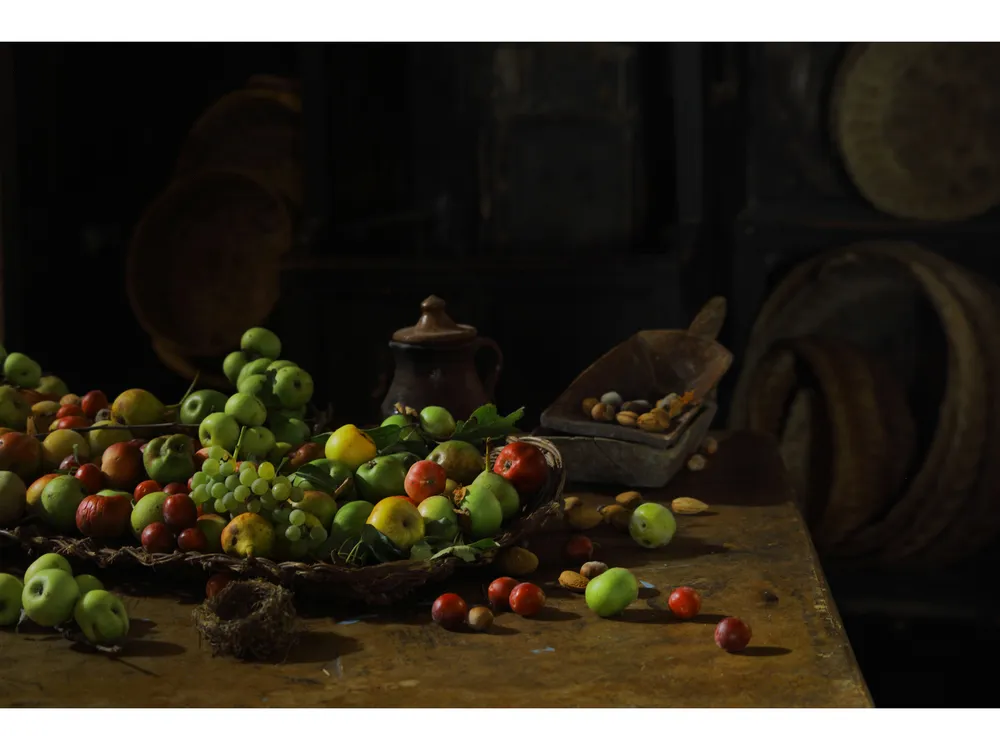“Is the World Ready for a Religious Comeback?” by Ross Douthat in The New York Times

So the world seems primed for religious arguments in the same way it was primed for the new atheists 20 years ago. But the question is whether the religious can reclaim real cultural ground—especially in the heart of secularism, the Western intelligentsia—as opposed to just stirring up a vague nostalgia for belief.
“The Elite College Students Who Can’t Read Books,” by Rose Horowitch in The Atlantic

Lit Hum often requires students to read a book, sometimes a very long and dense one, in just a week or two. But the student told Dames that, at her public high school, she had never been required to read an entire book. She had been assigned excerpts, poetry, and news articles, but not a single book cover to cover.
“My jaw dropped,” Dames told me. The anecdote helped explain the change he was seeing in his students: It’s not that they don’t want to do the reading. It’s that they don’t know how. Middle and high schools have stopped asking them to.
“Meet the Italian ‘Fruit Detective’ Who Investigates Centuries-Old Paintings for Clues About Produce That Has Disappeared From the Kitchen Table,” by Mark Schapiro in Smithsonian Magazine

For most viewers, they would be an afterthought. For Dalla Ragione, the apples, including a variety known in the fruit science lexicon as api piccola, represent a key to restoring Italy’s disappearing fruit agriculture, with characteristics not found in today’s apples: Crunchy and tart, they are capable of being stored at room temperature for about seven months and maintain their best qualities outside the fridge. And these ungainly apples are just one variety among scores of others that Dalla Ragione, who is among Italy’s foremost experts on tree fruits, has identified as being widely cultivated in the 16th century—and largely gone by the 21st, as genetic diversity among all of Italy’s major fruit trees continues to plunge.
“Do You Remember School?” by Lydia Davis in The New Yorker

I live with fixed memories of my classmates as children, memories that do not have access to what they were “really” like, inside themselves, within their families, with their closest friends. For me, they are still full of youthful energy, passion, or disgust, riotous laughter or tearful hurt, inspired by ideas quickly conceived and as quickly abandoned, in the setting of a large, warm, late-afternoon homeroom, probably as we were all milling about before going home.

